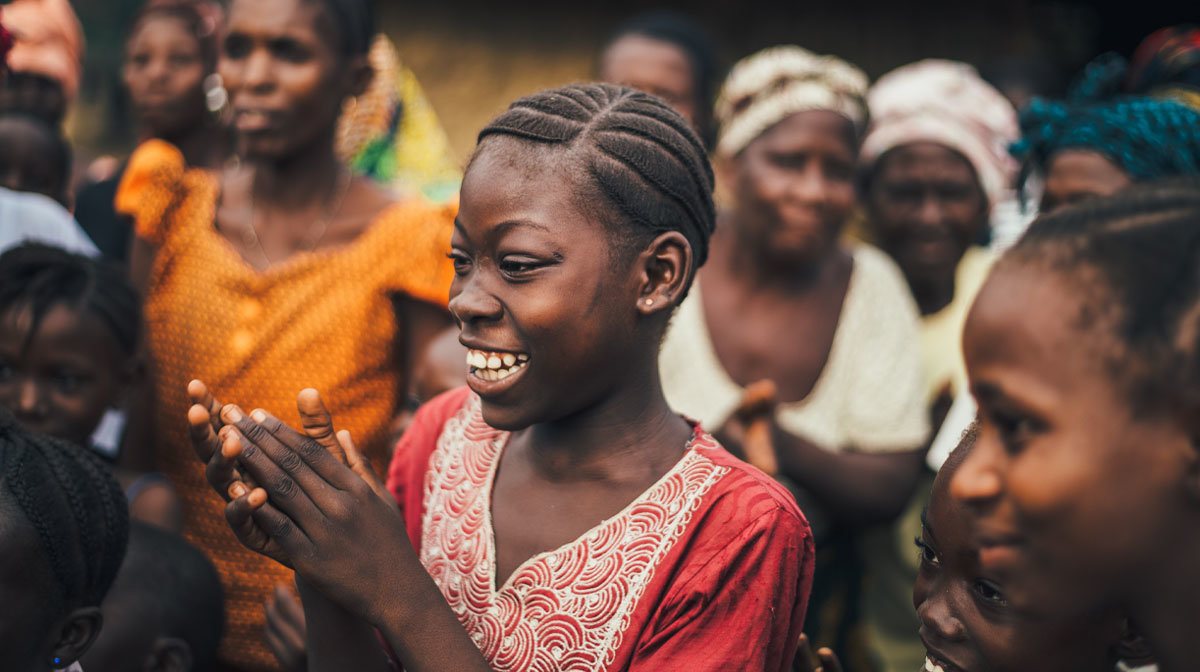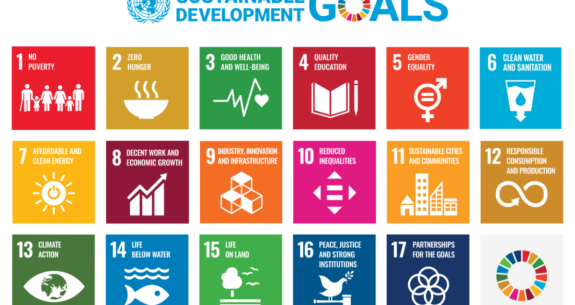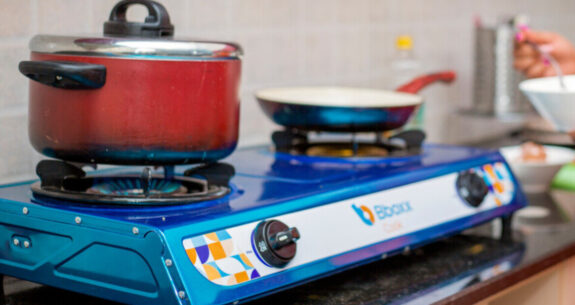Monday 8th March 2021 – On International Women’s Day, we wanted to highlight the power of women in Africa, who are making choices for themselves and their families that will both impact the way millions of people consume utility services and help save our planet.
In Sub Saharan Africa today, around 770 million people have no access to electricity[1] and 900 million people live without access to clean cooking solutions[2]. For these households, they live from sunrise to sunset. Candles and kerosene lamps light their way. Cooking starts hours before darkness over charcoal fires, whilst trying to keep children safe from harm. There is no light for study or jobs to earn extra income. The darkness can be both limiting and dangerous.
Yet things are starting to change. Innovative technologies are taking root, and it is women who are driving the sales. In Sub Saharan Africa, women increasingly are choosing pay-as-you-go (PAYG) solutions for electricity and cooking as they provide affordable and safe alternatives to traditional fuels. These solutions also provide healthier and greener options, many of which are more developed and “leapfrogging” the systems used in the developed world.
A PAYG solar home system (SHS) can be bought for less than many households spend on candles, batteries, and kerosene. The electricity provided by the SHS can give women more productive hours in the day by providing light and energy when they need it. This is used to work during the day or evening if needed, support children with their studies, keep their home and family safe, provide light for jobs to earn extra income, and even for entertainment and television. In short, a SHS truly is life changing.
Additionally, clean cooking solutions like LPG save hours every day. They heat faster than traditional fuels such as charcoal and do not emit the dangerous fumes that, in an unventilated room, can be equivalent to smoking a hundred cigarettes a day[3]. By moving away from traditional cooking fuels, women are improving the health of their families, saving money, and helping to save the environment, by limiting the demand for charcoal and reducing deforestation.
At Bboxx, our customer research during the COVID-19 pandemic has shown the importance of these solutions on women’s lives. Our female customers have been keeping up with their payments more than their male counterparts. Our previous research has shown that women are more likely than men to prioritise energy spending as part of household resource allocation.
Demand for these services has also gained significant traction. Plans and subsidies from governments and policymakers are supporting these technologies to bring solar electricity and clean cooking facilities into homes where the traditional grid will possibly never reach. These women have an incredibly important role to play in defining their future and the future of the next generations. By choosing these new technologies and utility services, they are improving their health prospects, unlocking economic opportunities, and ultimately making a positive impact on the planet.
Natasha Cooper, Co-chair of Balance at Bboxx
[1] IEA report on SDG7 data and projections.
[2] SEFORALL report on Africa energy outlook 2019.
[3] Practica Action report Building a better stove.


